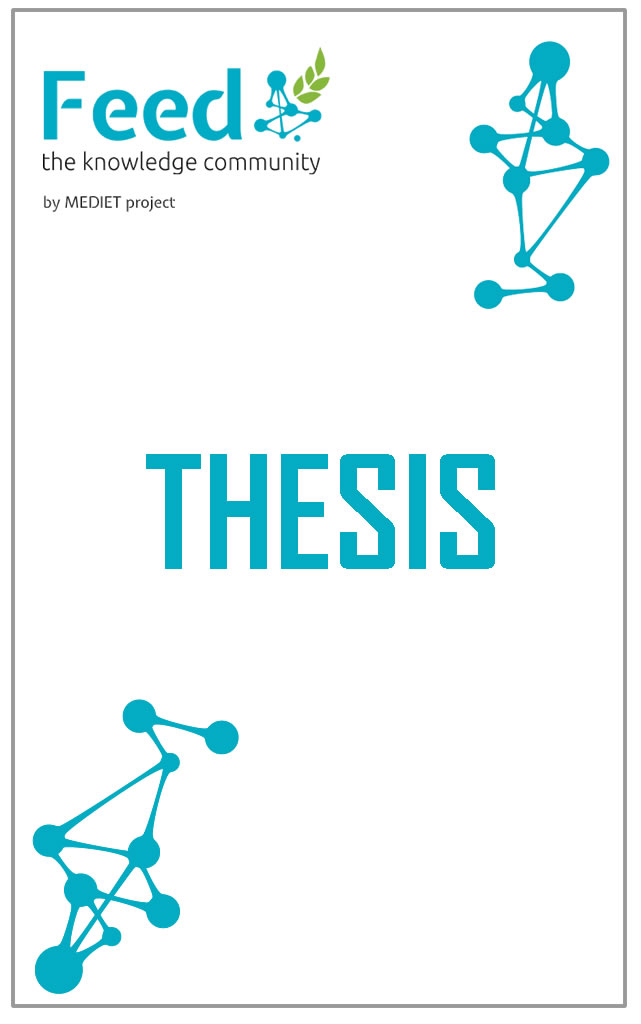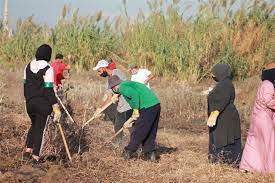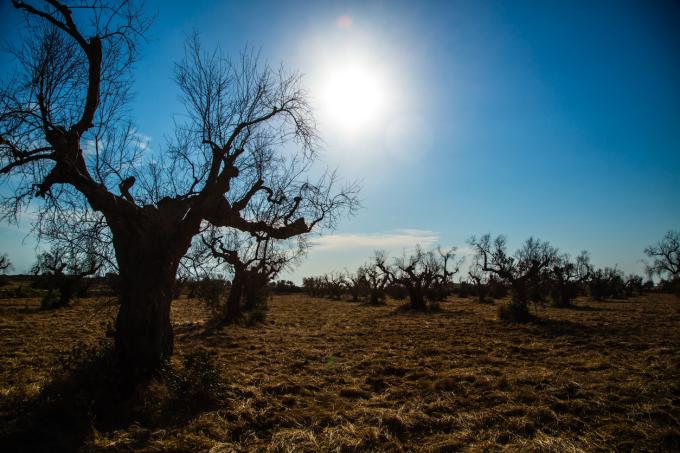THESIS & RESEARCHES

Studies on Fusarium spp. isolates from a wide range of agri-food and ornamental crops in Lebanon.
Year:
2022
Author:
Abi Saad Charlie
Lebanon, with its soil and climatic conditions, is a country with a wide variety of crops. The genus Fusarium is one of the most detrimental pathogens for the quality and yield of these crops. Furthermore, it produces mycotoxins whose deleterious effects are reported both on plants and on humans and animals. In this study 134 Fusarium isolates from agri-food and ornamental crops in different Lebanese regions were studied. They were identified morphologically and molecularly using the barcoding translation elongation factor gene, proving to belong to 9 species complexes (SCs): Fusarium oxysporum SC (FOSC), F. solani SC, F. fujikuroi SC, F. sambucinum SC, F. incarnatum-equiseti SC, F. tricinctum SC, F. lateritium SC, F. burgessii SC, and F. redolens SC. Some of the SCs were reported for the first time in Lebanon. Then the FOSC strains were phylogenetically studied by a multi-locus approach, allowing to identify the prevalence of F. oxysporum strains, and the presence also of F. algeriense, F. citricola, F. redolens, and 5 strains that need further characterization. Finally, primer pairs from the literature were used for detecting biosynthetic genes of the emerging mycotoxin beauvericin in F. oxysporum strains, without positive results. As such, the design of species-specific primers is in progress.
Supervisor:
A. Moretti and S.M. Sanzani
Collaboration:
CIHEAM











.png)